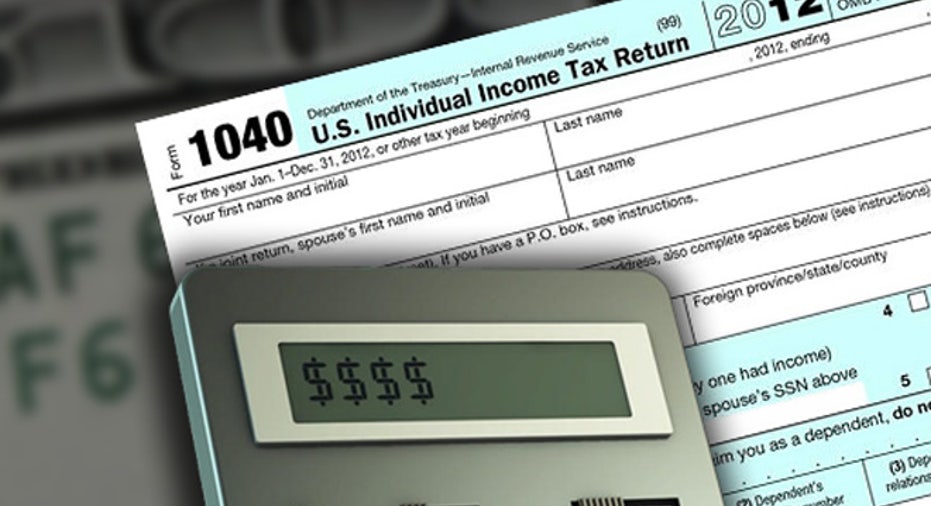Ten Tax Tips to Avoid Costly Mistakes

We’re rolling into the April 15 deadline very soon. Hopefully, these ten tax tips will provide you with an accurate and cost efficient filing of your 2014 income tax return. Keep in mind that mistakes made on a tax return can cause refund delays because it takes the IRS longer to process your tax return. Some mistakes may cause your tax return to be rejected during the electronic filing process. And many other errors can flag you for audit or cost you penalties.
Here are ten tips to make this tax season less stressful:
- Make sure that all Social Security numbers for you, your spouse and your dependents have been entered accurately and as shown on the social security cards.
- If your dependent had income and filed a tax return but still qualified as your dependent, make sure he or she checked the applicable box(es) on line 5 of Form 1040-EZ to indicate that he/she is being taken as a dependent on another person’s tax return. Otherwise, your tax return will be rejected for e-filing. You may have to file an extension for your tax return then amend your dependent’s tax return, allowing eight weeks for processing before filing you tax return.
- Are you using the correct filing status? If you are single you may qualify as Head of Household. Then again you may not. Use the Interactive-Tax-Assistant on the IRS website to determine your correct filing status. It makes a difference in how much tax you will pay.
- Make sure the names on the tax return match exactly to the Social Security cards. Don’t use nicknames; use given names as shown on the Social Security card otherwise, you risk rejection of the electronic filed return thus delaying your refund.
- Check your math! Even if you are using tax software, math errors can occur. For example, you list your charitable contributions on Schedule A for a total of $2000. But when you run a tape off your cancelled checks, it adds up to $1,500. Find the discrepancy and correct it.
- Errors can occur when figuring deductions and credits. If using tax software, these errors are minimized as the software performs many of the calculations. Even so, answer all questions accurately. Things like age and marital status drive certain credits such as the Earned Income Credit. If preparing your return manually, make sure you understand the formulas and rules behind these deductions and credits.
- If you are anticipating a refund, you may want it direct deposited into your bank account. If you changed banks during 2014, update your banking information with your tax professional. Your tax pro will need the bank name, routing number, bank account number, and whether the account is a checking or a savings account. If you prepare your own return, double check to make sure you enter the banking information accurately on your tax return.
- If you are paper filing your tax return, make sure that you and your spouse (if filing jointly) have both signed the tax return. The IRS says “An unsigned tax return is like an unsigned check – it’s not valid.”
- When you e-file, you sign your return electronically with a Personal Identification Number. If you know last year’s e-file PIN, you can use that. If you don’t know it, enter the Adjusted Gross Income from the 2013 tax return that you originally filed with the IRS. Do not use the AGI amount from an amended return or a return that the IRS corrected.
- If you find that you must file for an extension, you can do so electronically. But remember, the extension is for an extension of time to file, not an extension of time to pay. If you anticipate owing, you must estimate the amount of tax liability and pay it with your extension request. Use IRS Form 4868 to make the extension request and the payment. Write your social security number and “2014 Form 4868” on the memo line of the check to ensure that the payment is credited properly. Failure to pay penalty runs 5% of the unpaid balance per month and caps out at 25%. It’s generally cheaper to borrow from a loan shark and pay the IRS than it is to let penalties and interest accrue on unpaid liabilities.



















